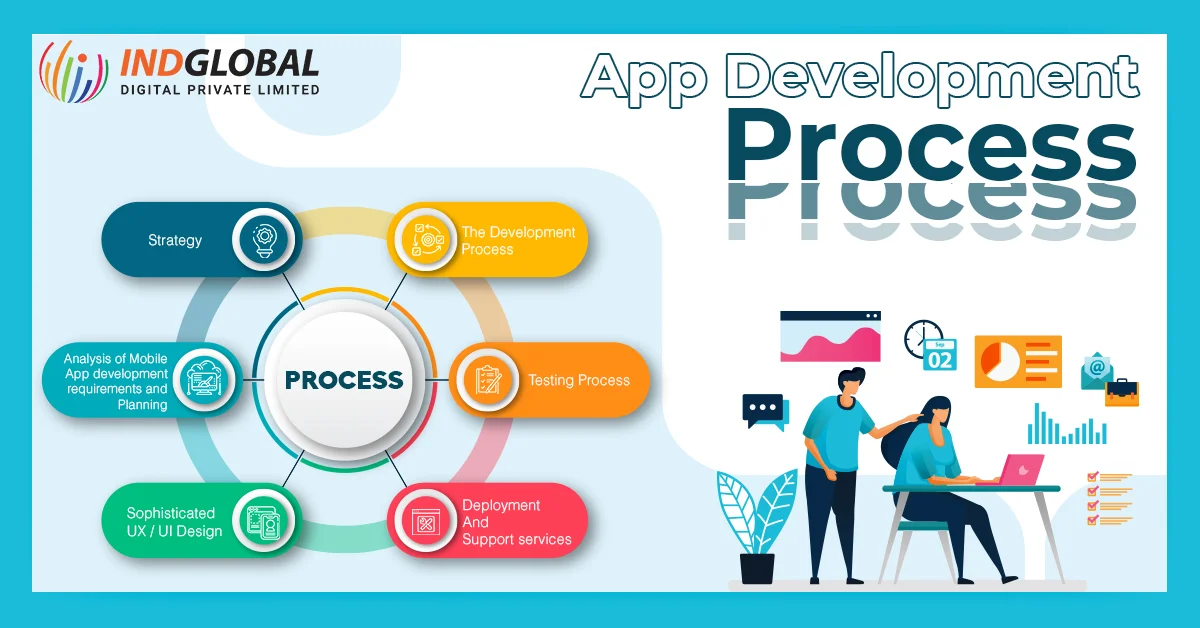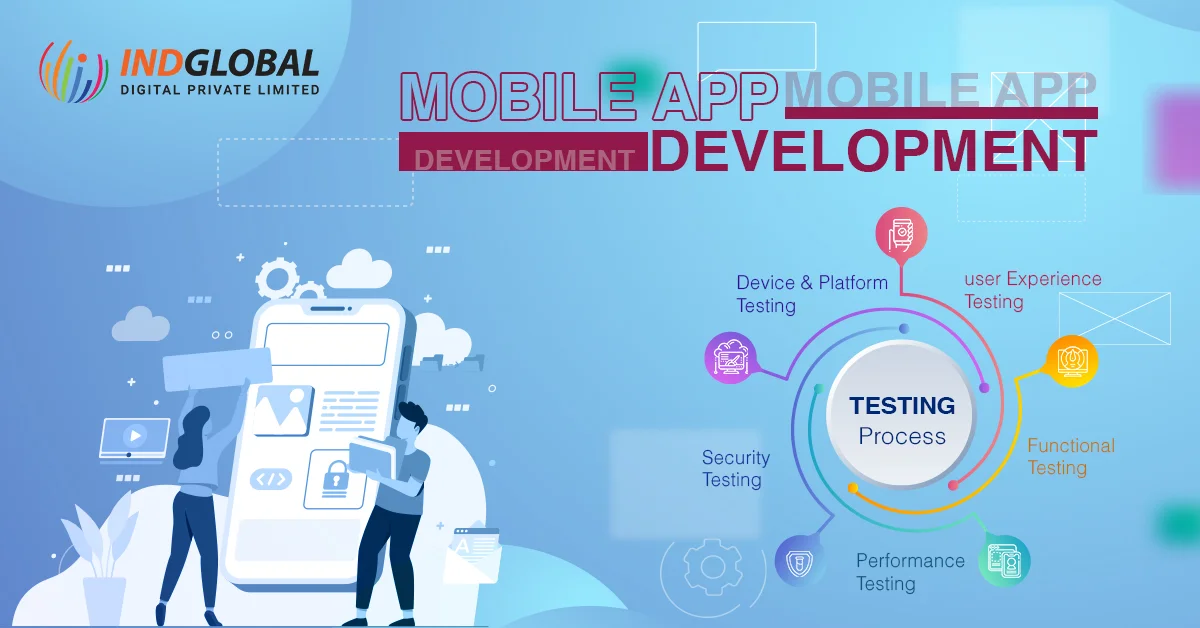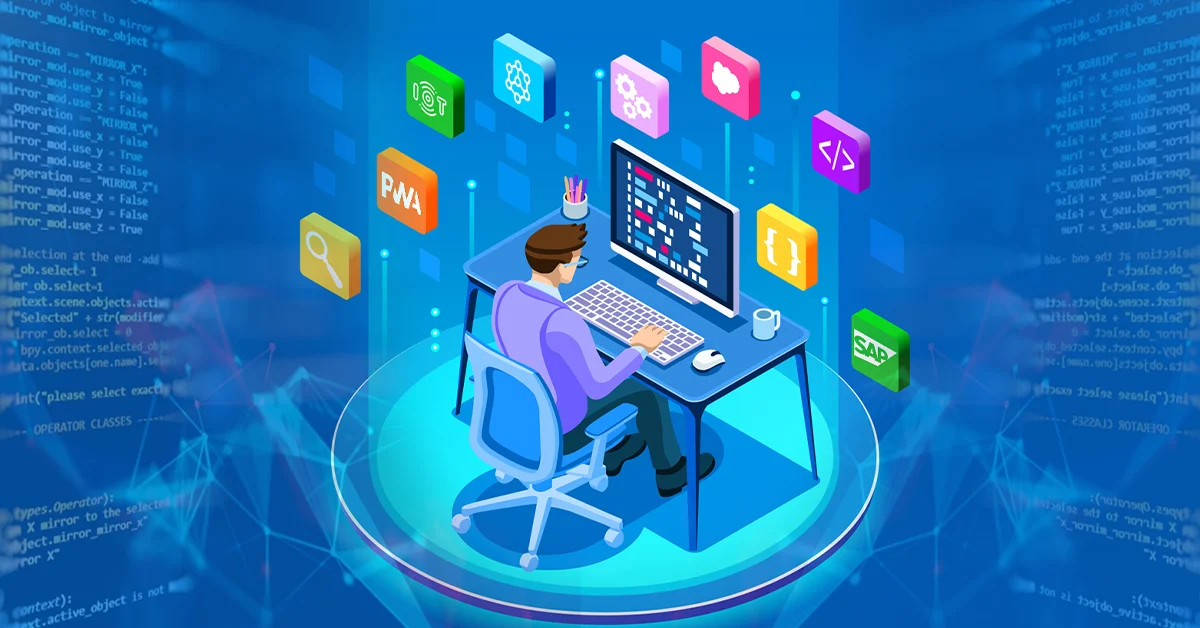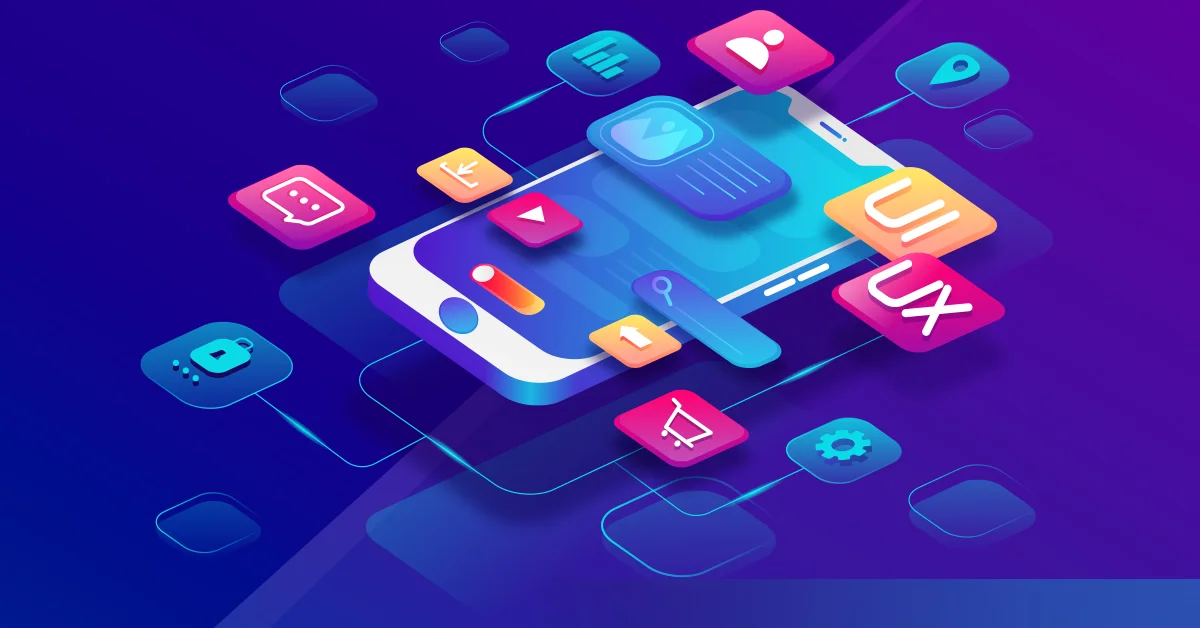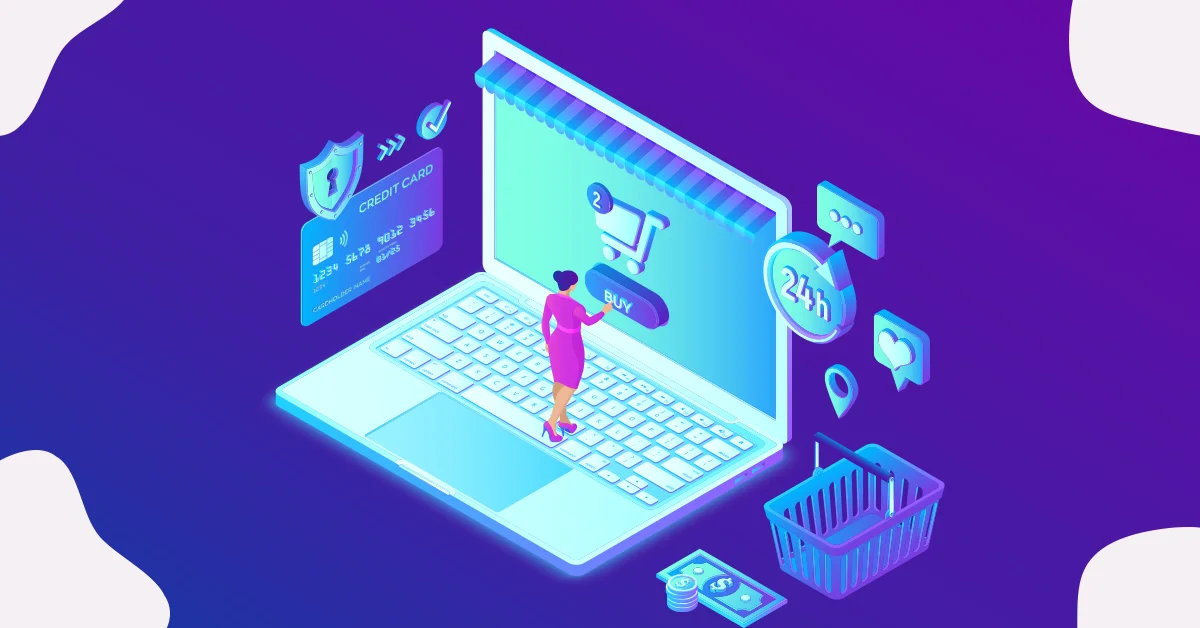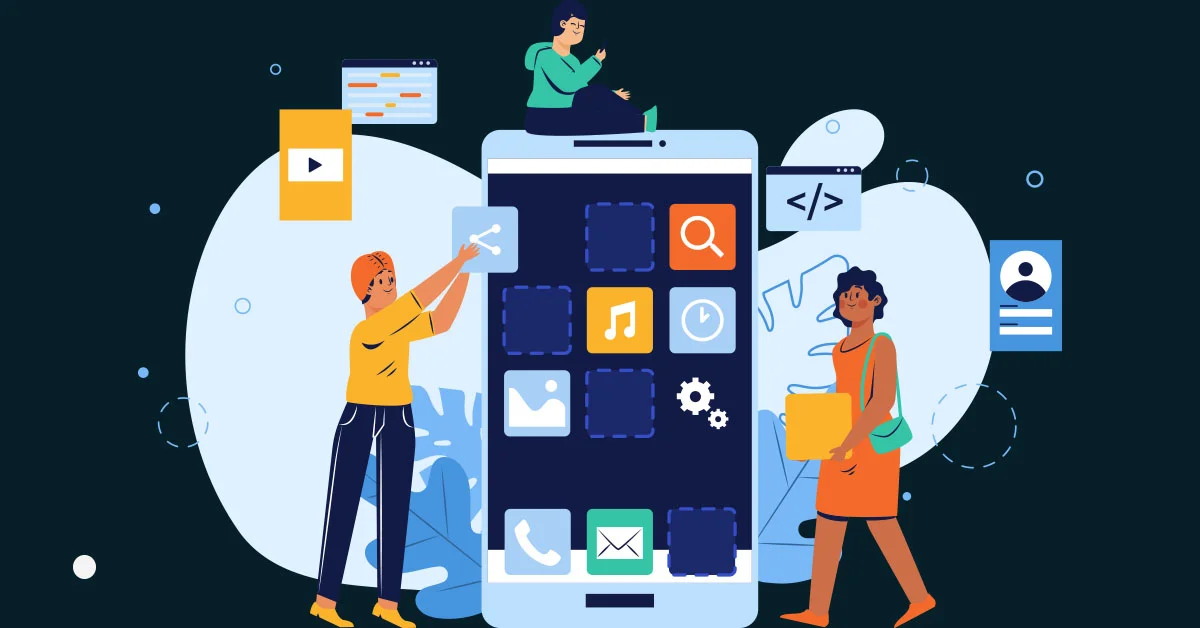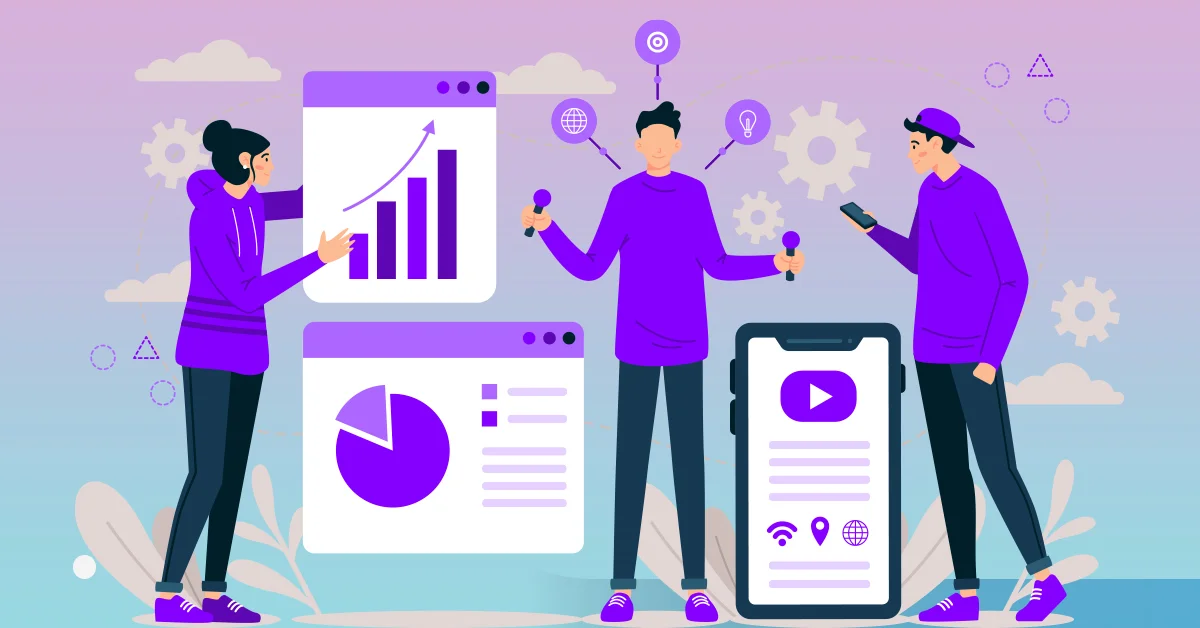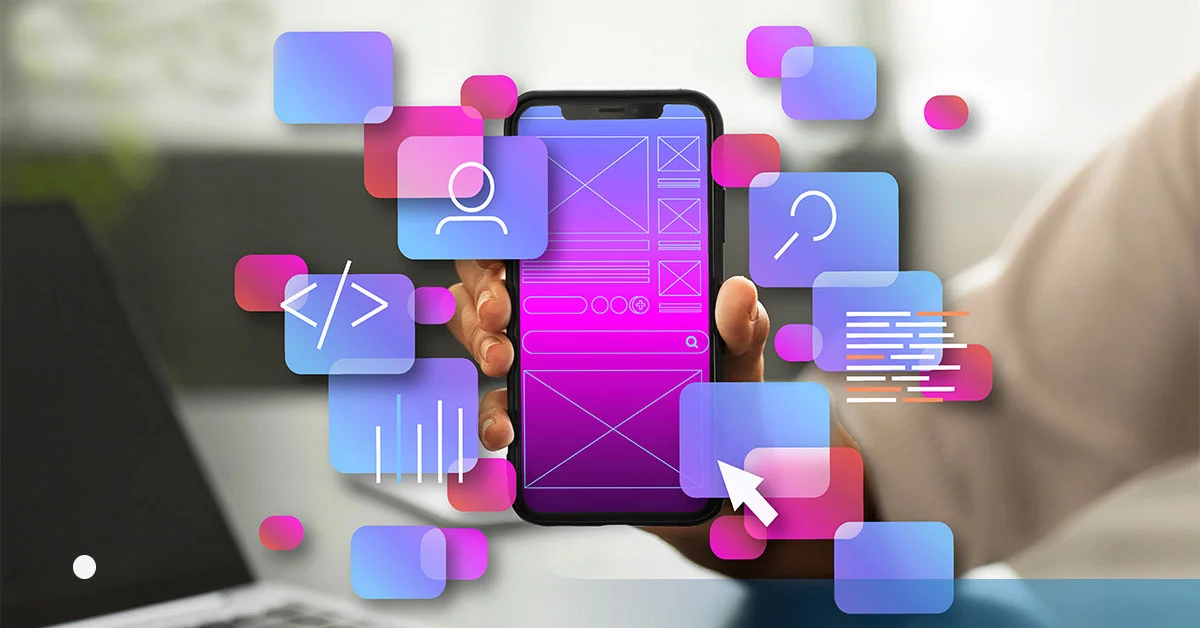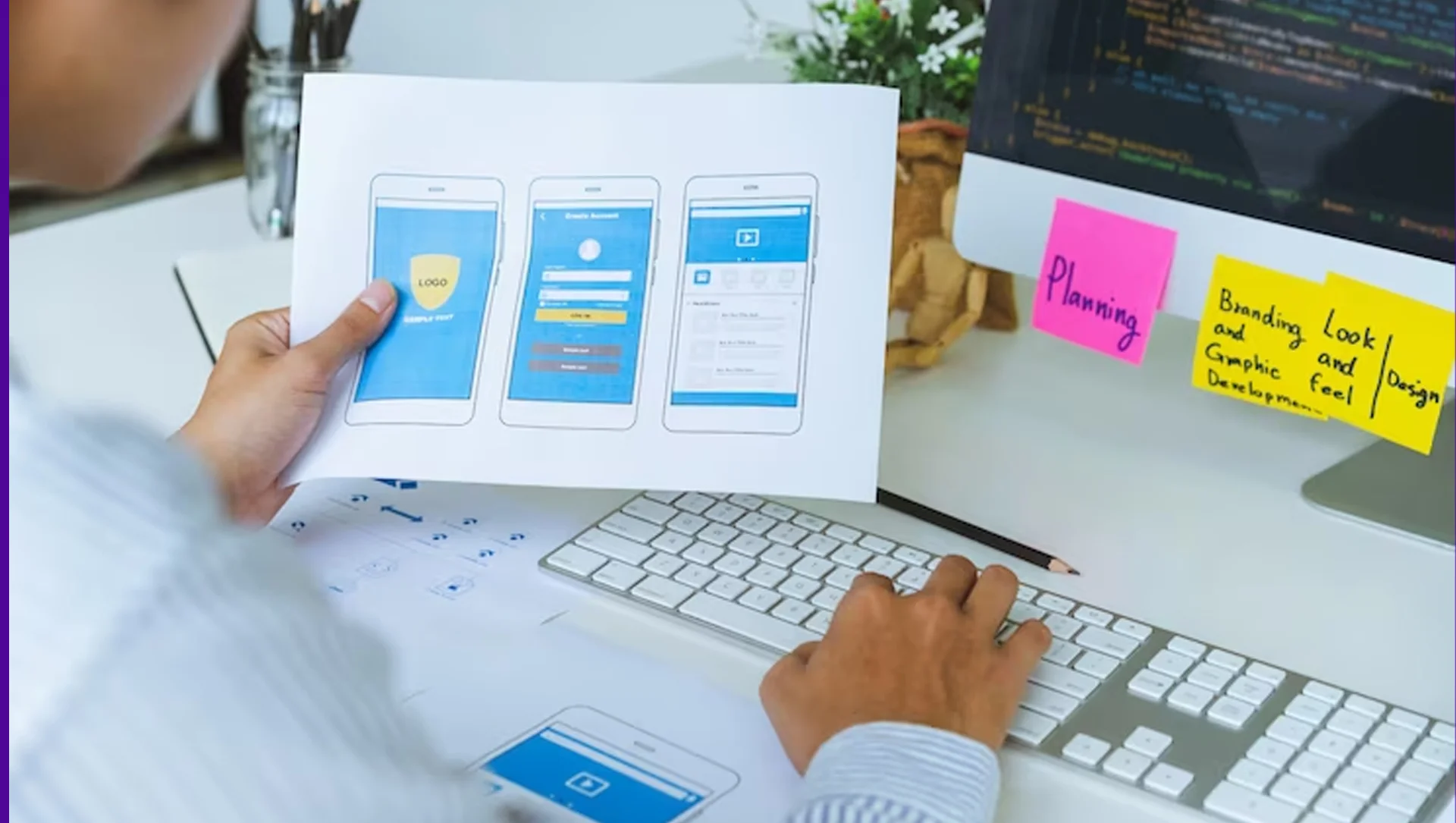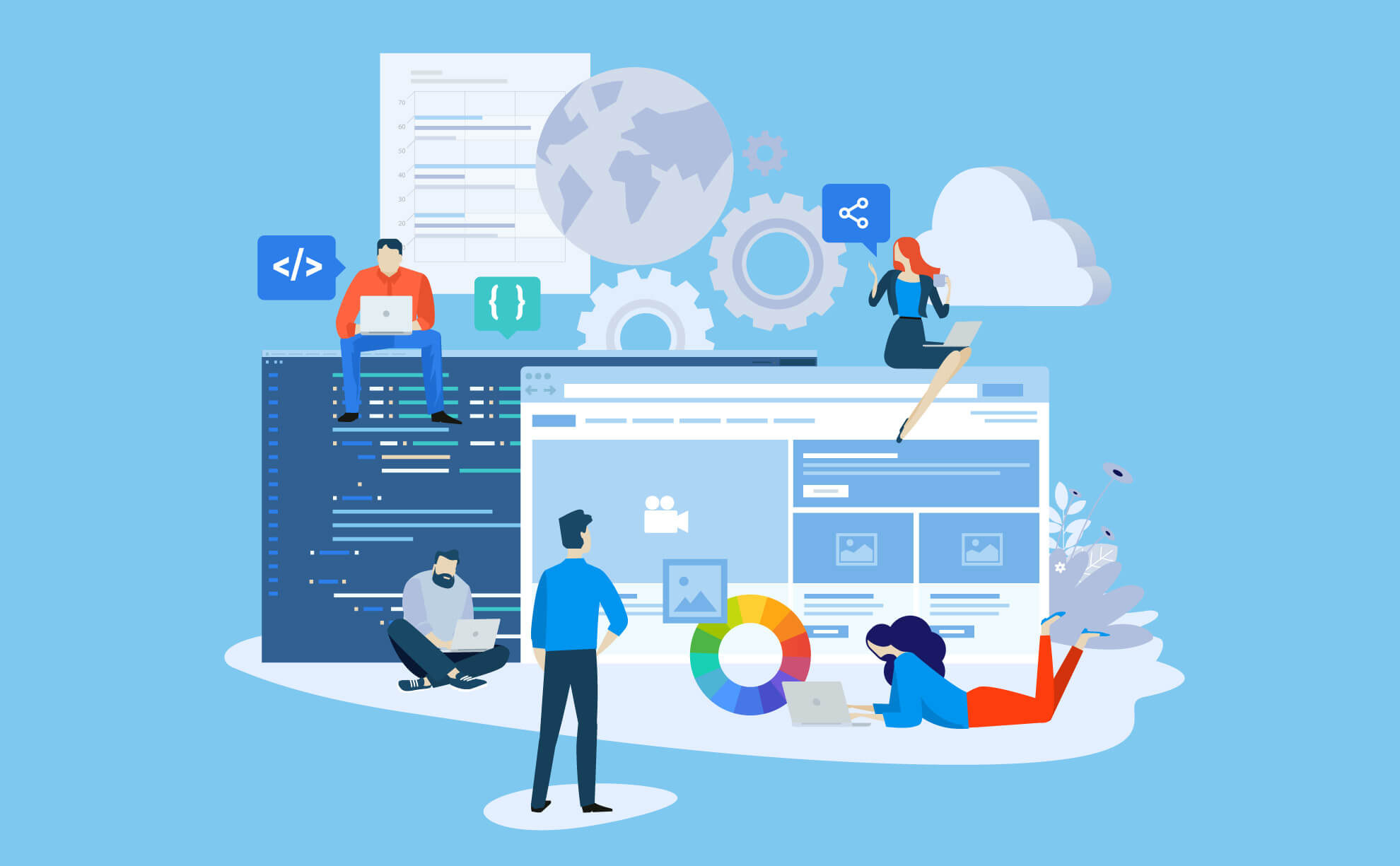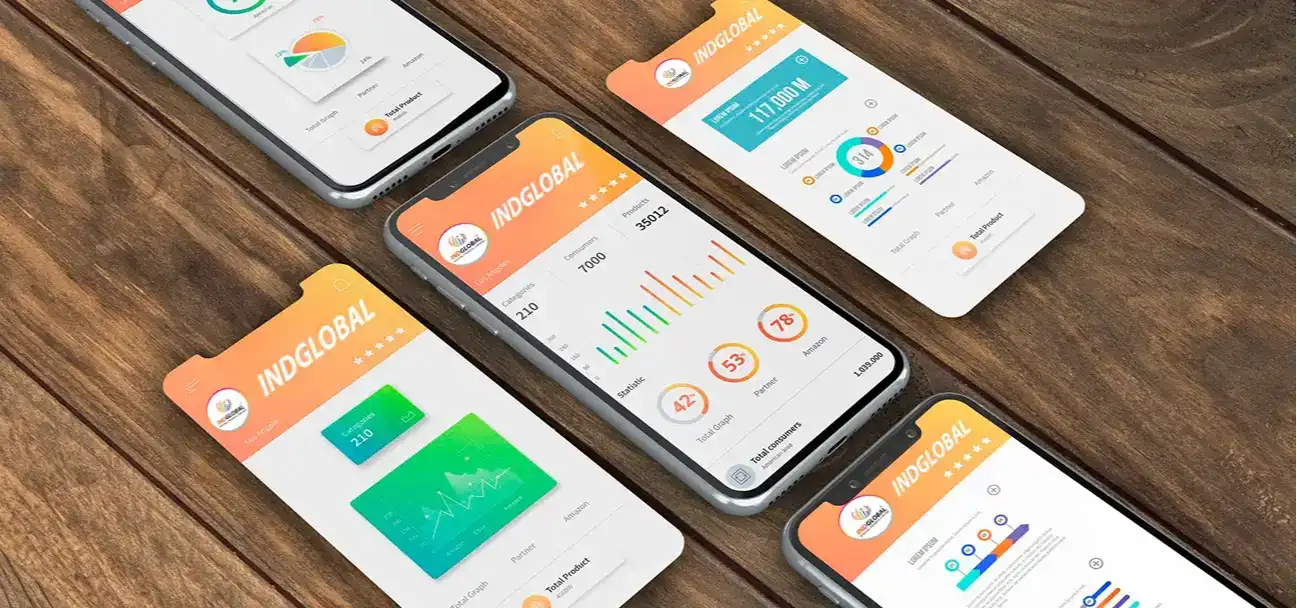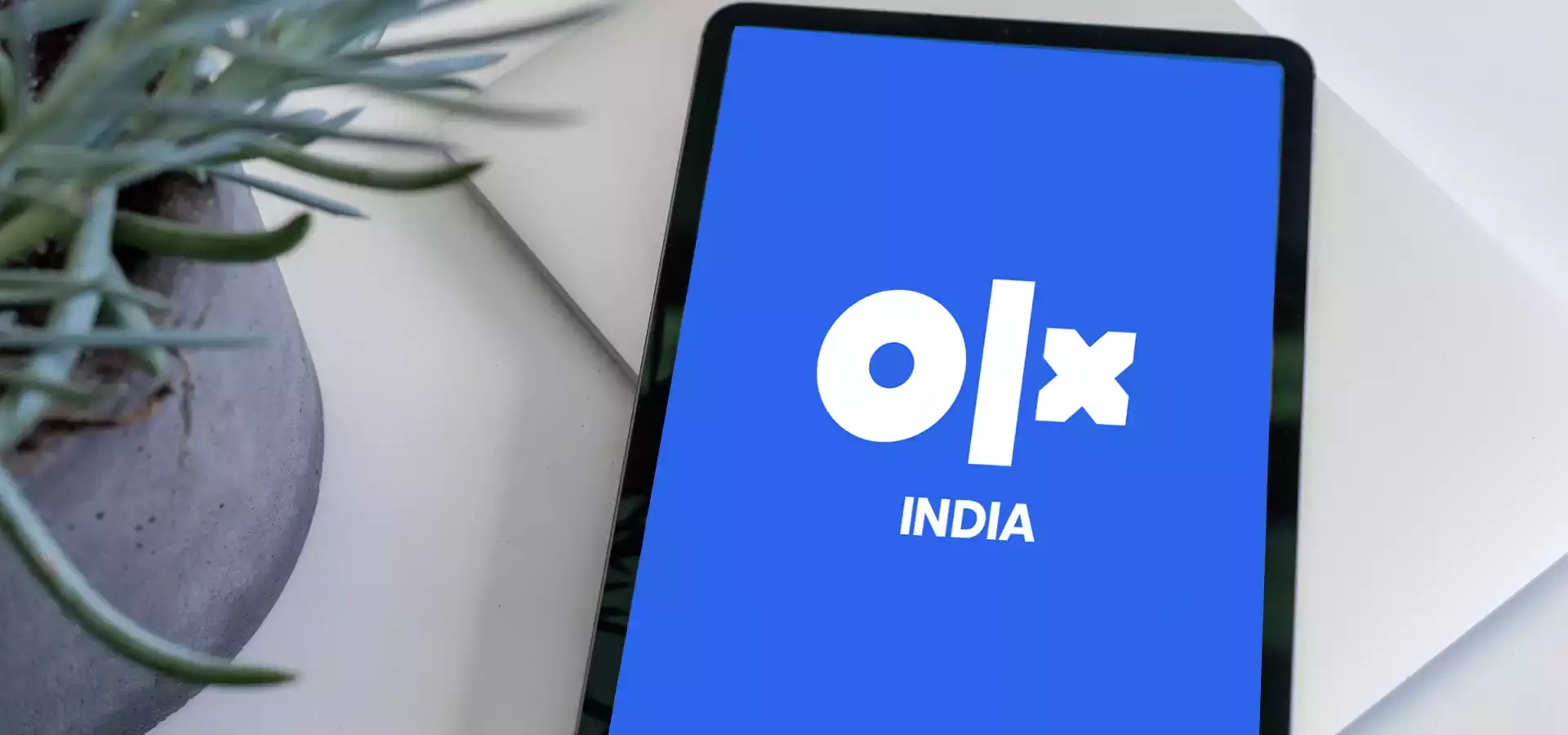Digital transformation is carried out by implementing efficient technologies to enhance the experience of customers and/ or employees. Digital transformation also helps enterprises in terms of achieving their business goals, employee productivity and to increase in business revenue. However, the main advantage with digital transformation is it permits businesses to execute the data-driven management with several tools to track metrics and thereby analyze data. This in turn caters to huge changes to their ROI and it sets a path to resource optimization.
In 2021, mobile apps are predicted to make for approximately $693 billion as revenue via the app stores and in-app advertising. Also, enterprise mobility is projected to be worth $510.39 billion by the end of 2022.
While several organizations are trying to take advantage of this trend, there also remains few who are thinking of building an app for their brand to take online. At IndGlobal, the best Mobile app development company in Bangalore we adopt emerging technologies such as Artificial Intelligence and Machine Learning to build robust and scalable business solutions. With consistent effort and innovations, we enable organizations with an excellent digital transformation.Success within todays’ competitive landscape these growth projections can only become a reality for your brand if supported by a precisely efficient mobile app development process.
The App Development Process that we follow-
Indglobal is a leading android app development company in India and it also contributes a lot for iOS app development in India where we take into account six principal phases during the entire span of an effective mobile app development process. In this article, we have tried to present a detailed description for each one of them. Despite the scope and size of your project, an effective development process will turn your brand mobile app development initiative fruitful for you.
1. Strategy
The very first phase of the mobile app development process for your enterprise should be defining the strategy for transforming your idea into an elegant app. You may include an app-specific approach for your enterprise mobility strategy to address in the beginning of the development process.
In this phase,
You need to identify target user
Get an idea about the current market scenario and the competition
Establish you app’s goals and objectives
Opt for a suitable mobile platform for your app
On an average mobile apps cost within the range of $150,000 – $200,000 and can take approximately four to six months to develop. Thus your strategy ensures focus on a transparent timeframe regarding your app idea which further assists you to dive deeper into the next successive phases of the mobile app development process for your brand.
2. Analysis of Mobile App development requirements and Planning
At this stage, your app idea is given the shape of an actual project. Analysis and planning takes off defining use cases and discussing detailed functional requirements. Next a product roadmap is prepared that includes the mobile app requirements and segregation them appropriately into delivery milestones. You can also define your minimum-viable-product (MVP) in case time, resources or costs are a concern and prioritize this for the initial launch.
Planning phase includes identifying the various skills that are going to be required for your app development. For example, there are different development technology stacks that are used by / or iOS and Android mobile platforms. If you think to build a mobile app for both of these mobile platforms then, your app development team should comprise both iOS and Android developers. Also the app names are like domain names and these have to be unique within each of the app stores.
Contact us if you wish to discuss your mobile app development initiatives with our experts.
3. Sophisticated UX / UI Design-
The sole purpose of an app’s design is to deliver an elegant aesthetics integrated with effortless and seamless end user experiences.
The ultimate goal for mobile app UX / UI design is to create excellent user experiences making the app more interactive, intuitive, and user-friendly. While UI designs help with alluring users, your app must be equipped with intuitive user experiences to keep them engaged.
Information Architecture and Workflows
Mobile app design process begins with determining and identifying the set of information your mobile app is going to display to the users, along with the data it will collect related to user interactions with the element/ product, and the user journeys through the app. For several companies, mobile app solutions have users with versatile roles and privileges, which are essential for your app’s information architecture. Workflow diagrams basically help to identify every possible interaction that a user experiences with the app and/ or its navigation structure.
Creating Wireframes
Wireframes are the conceptual layouts which can also be regarded as a digital form of sketches. They are also referred to as low-fidelity mockups. They provide visual structure regarding your app’s functional requirements.
With wireframes, the focus remains more on user experience along with aesthetics. Creating wireframes is quite a cost-effective approach for checking on app design layouts. While working on wireframes you should consider a device specific design so that depending on whether your app is going to be used on iPhone, iPad, or Android phones- it should be able to provide a seamless and device specific user experience.
Style Guide
Style guides are created to check on the app’s design standards from the perspectives of your branding rules to the navigation icons. They include:
- The font family that your app’s text will use
- The color scheme
- Reflection elements of your brand through the app design
Style guides contribute a lot to an app’s design strategy. Establishing a style guide in the initial phase as a part of your mobile app development process not only improves the productivity, also it helps in keeping up the app’s look and feel consistent. Also you should check the app design guidelines from Apple for developing an iOS app and from Google for the Android apps.
Mockups
Mockups are high-fidelity designs and these are considered to be the finalized visual design for your app. Mockups are generated by implementing the style guide on the wireframes. Mockups can display mobile app’s functionality using static designs. Adobe Photoshop is a grat tool that is used by the developers for creating high-fidelity mockups.
Prototype
Mockups can turn into click-thru prototypes conveniently with the help of tools like Invision and Figma. These Prototypes are essential as they simulate the end user experience along with the app’s workflows as it can be expected from the product. Prototype development can be time-consuming, but the efforts are well worth it as they render early-stage testing of your app’s design and functionality. Additionally, prototypes help to identify modifications if any to the app’s proposed functionality.
Some companies prefer making prototypes at the wireframing stage, especially when an app’s functional requirements are not finalized or the app’s proposed functionality needs to be reviewed.
4. The Development Process
Before the actual development/ programming starts, you need to:
- Strategise the entire technical architecture,
- select the perfect technology stack, and
- define the development milestones.
- Back-End/Server Technology
This includes database and server-side objects that are necessary for supporting smooth functioning of your mobile app. If you wish to use an existing back-end platform, then modifications might be required for supporting the mobile functionality.
- API
An API or Application Programming Interface refers to the mode of communication between the app and the back-end server/database.
- Mobile App Front-End
The front-end is the native mobile app that an user will use. In most cases, mobile apps provide interactive user experiences using an API and a back-end for managing data. In a few cases, the app may use local data storage as well.
You can utilize a web programming language and database for back-end. For native mobile apps, you can choose a technology stack that is going to be required by each mobile OS platform. iOS apps, on the other hand, can be developed by using Objective-C or Swift programming language. Android apps, generally, are built using Java or Kotlin.
There are several programming languages and technology stack for constructing mobile apps —you just need to identify and pick a technology stack which is best suited for your app development project.
Mobile technologies improvise faster with new versions of mobile platforms. Therefore, agility is very essential for building mobile apps within definitive time frames and budgets.
As each of these above mentioned development milestones get completed, it is passed on to the testing team for validation.
5. Testing Process
Performing detailed quality assurance testing during the mobile app development process ensures development of stable, usable, and secure applications. For a comprehensive QA testing, you need to prepare test cases including all aspects of app testing. Test cases are implemented in performing test steps, and/ or recording the testing results for checking software quality and tracking fixes for retesting. You can also involve your QA team in the design stages. In order to deliver a quality mobility solution, you can consider having the below mentioned testing processes.
- User Experience Testing-
This is a critical step in mobile app development that is done to ensure that the ultimate implementation fits the user experience as created by the app design team. Visuals, workflow, and interactivity are few elements of your app that are going to provide your users the first-hand impression of your app. So your app must be employed with consistent fonts, color scheme, style treatments, smooth navigation between data, icon design etc. If your app matches the original design guidelines, it will have a profound impact on its user adoption.
- Functional Testing-
The accuracy and proficiency of your mobile app functionality is very critical to its success. The functionality should be tested by as many users to encompass as many potential testing conditions. For example, when both users fill out the same form, they both might enter different data—which could potentially lead to discovering a defect.
The purpose of this functional testing is to ensure that users should be able to use an app’s features and functionalities without any difficulties. It can be further segregated into system testing and unit testing.
- Performance Testing-
There are a few quantitative criterias to check for measuring the performance of a mobile app.
These include-
Whether your app is able to respond to the user requests.
The screen loading speed.
Whether the app is draining the phone battery or causing any memory leaks.
If your app is able to leverage network bandwidth efficiently.
The size of your app
Even if your app comes out through basic performance criteria, you can test the API, and backend for load whether it will be able to handle the load when usage spikes.
- Security Testing-
Security is of supreme concern for enterprise mobile apps. The QA and development teams can take some simple measures to make your app better secured.
User sessions should be tracked by the device and backend and terminated by the system itself in case an user remains idle for an extended time. Additionally, you must use a trusted service if your app saves and stores user credentials to make it convenient for them to re-login, then. For example, the Keychain feature that is provided by the development platform for iOS apps can be used for saving an user’s account details for a specific app. You should also ensure that there is no data leakage through data entry forms.
- Device and Platform Testing-
On an average, new mobile devices are introduced every 12 months along with the latest features with hardware and design. Mobile device manufacturers such as Samsung, LG etc. will use the Android platform, after customizing the platform for their mobile devices and they can do so as Android is open source.
Apple, on the other hand, has a more controlled environment, as they control both the OS and the hardware. This is where the significance of testing stays during the mobile app development process. Your mobile app needs to be tested on multiple mobile devices to ensure a seamless working of your app.
It further encompasses a substantial amount of the overall mobile app development process and having a comprehensive testing strategy is a must for delivering a top quality mobile app.
6. Deployment & Support services
Releasing any native mobile app generally needs to be submitted to the app stores, Google Play for Android apps and Apple App Store for iOS apps. However, you need to have a developer account with Google Play Store and Apple App Store prior to the launching your mobile app.
The process requires preparing a few metadata including:
- Title of the app
- Description of the App
- Category
- Keywords
- The Launch icon and
- App store screenshots
iOS apps go through a time consuming review process that depends on the quality of the app and if it has been developed as per Apple’s iOS development guidelines.
There isn’t any such lengthy review process associated with Android apps on the contrary and they become available readily in the app store within a few hours after submission.
You can monitor your app’s usage and check crash reports, or any other user reported issues through some mobile analytics platforms and track KPIs after your app is available in the app stores. Encourage users to provide feedback and suggestions regarding your app. With native mobile apps, however, you have to continually stay up to date regarding top technology advancements and routinely upgrade your app for the latest mobile devices as well as OS platforms.
Hire proficient developers from IndGlobal For Digital Transformation of your brand
Role of Mobile apps in digital transformation
An efficient mobile app plays a vital role in the success of digital transformation as it is the most convenient medium to connect with your target users. According to the statistics reports, there are over 3.8 billion smartphone users across the world. Therefore, you can reach a huge number of customers through mobile apps.
As mobile apps are widely accessible for a varied range of users, businesses have a good opportunity to utilize the leading edge technologies like Artificial Intelligence (AI), Big Data, Augmented Reality (AR), Virtual Reality (VR), Cloud Computing, Data Analytics etc. to deliver engaging user experiences. These technologies can enhance agility as well for businesses to innovate and adopt and by implementing new tools, technologies, and trends to sustain in today’s competitive market.
Conclusion
The process of a seamless Mobile App development continues even after the initial launch as and when you receive user feedback and try to implement additional functionality features. IndGlobal has been a leading mobile app development company in Bangalore, India. Over the years, we have provided excellent mobile app development service to several companies spanning industries like retail, finance, healthcare, construction, consumer products, logistics, entertainment etc. As a top mobile app development company we have enriched experience in creating scalable, secure and robust apps which improve the efficiency of your brand and business.
We hope following our enterprise mobile app development process ensures a successful launch of your brand app.
Get in touch with our experts!
Next Post ←
At your finger point you own the world around you. How cool isn’t it ?
RELATED ARTICLES
Request a quote or Talk to an expert
We guarantee a response in 6 hours or less. And the best bang for your buck.




